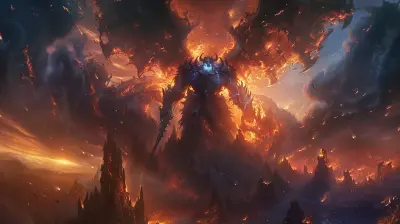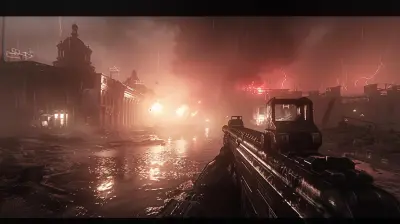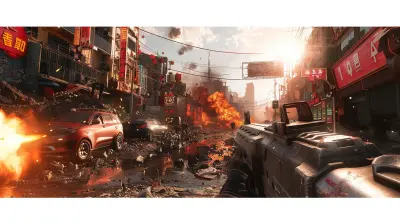Game Influencers Who Are Also Game Developers
21 October 2025
Let’s face it—video games aren’t just about playing anymore. The gaming world has evolved into this massive ecosystem where gameplay, content creation, and development all blend together. And right at the center of this evolution? Game influencers. But what if we told you some of your favorite content creators are actually designing the very games you love to watch them play?
Yep, we're talking about game influencers who are also game developers. These are the folks who wear two hats—entertaining their fans while crafting incredible gameplay experiences. Whether it’s creating an indie hit, working on mods, or even founding their own studios, these creators are bridging the gap between fans and games in a way no one else can.
So grab your snacks, get comfy, and let’s dive into this fascinating world where influencers and developers collide.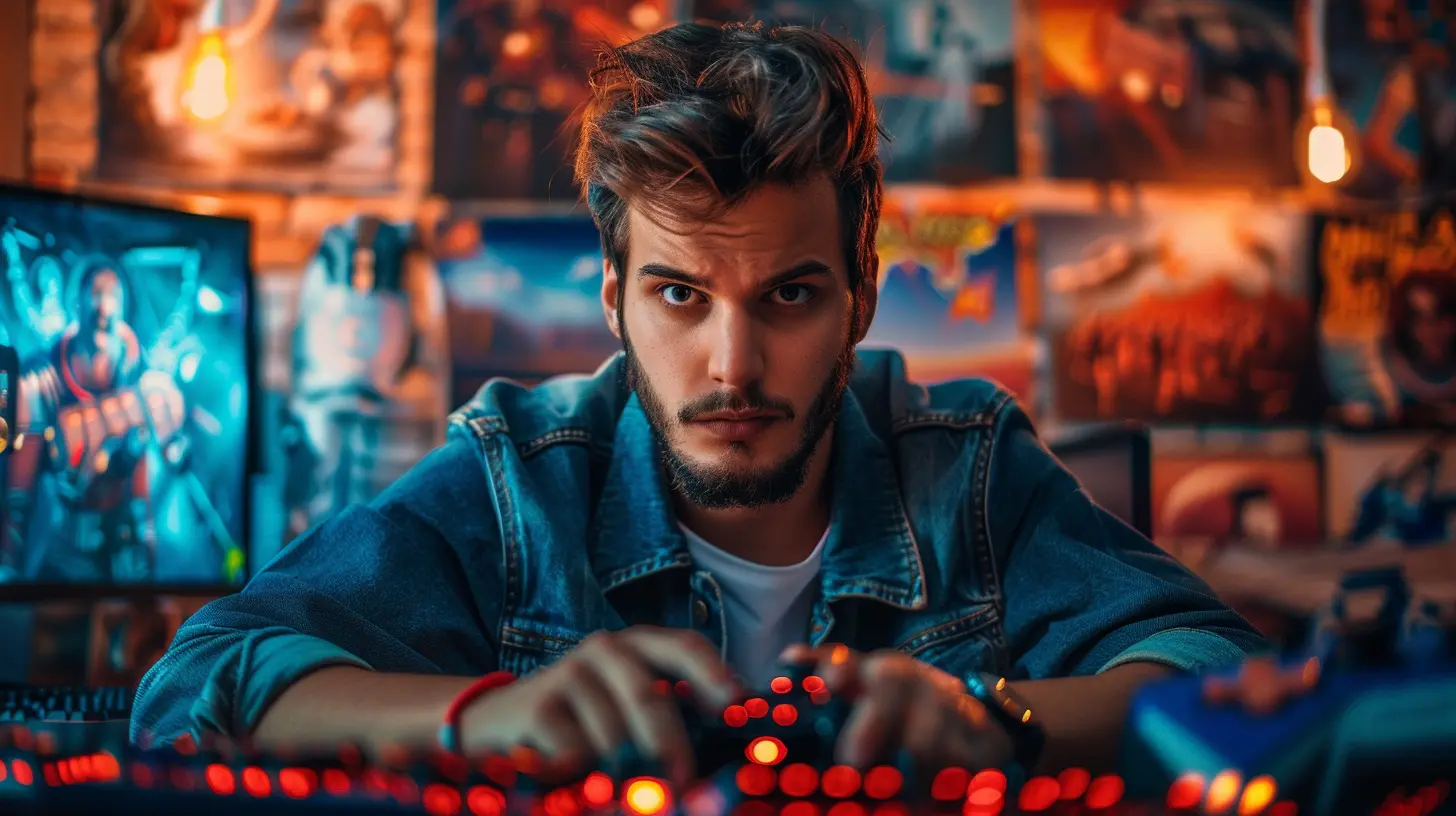
What Makes a Game Influencer Turn Into a Game Developer?
Before we start naming names, let’s hit pause and ask a bigger question: Why would a successful gaming influencer want to become a developer?Well, it’s simple. Passion.
If you’ve spent thousands of hours playing and analyzing games, at some point, you're bound to think, “Hey, what if I made one myself?” It's like a movie critic finally writing their own screenplay. They’ve seen the good, the bad, and the buggy—so why not take a shot at creating something better?
These influencers understand what makes games fun. They see firsthand what players love (and hate), and they already have a built-in audience ready to test their creations. Talk about having a head start, right?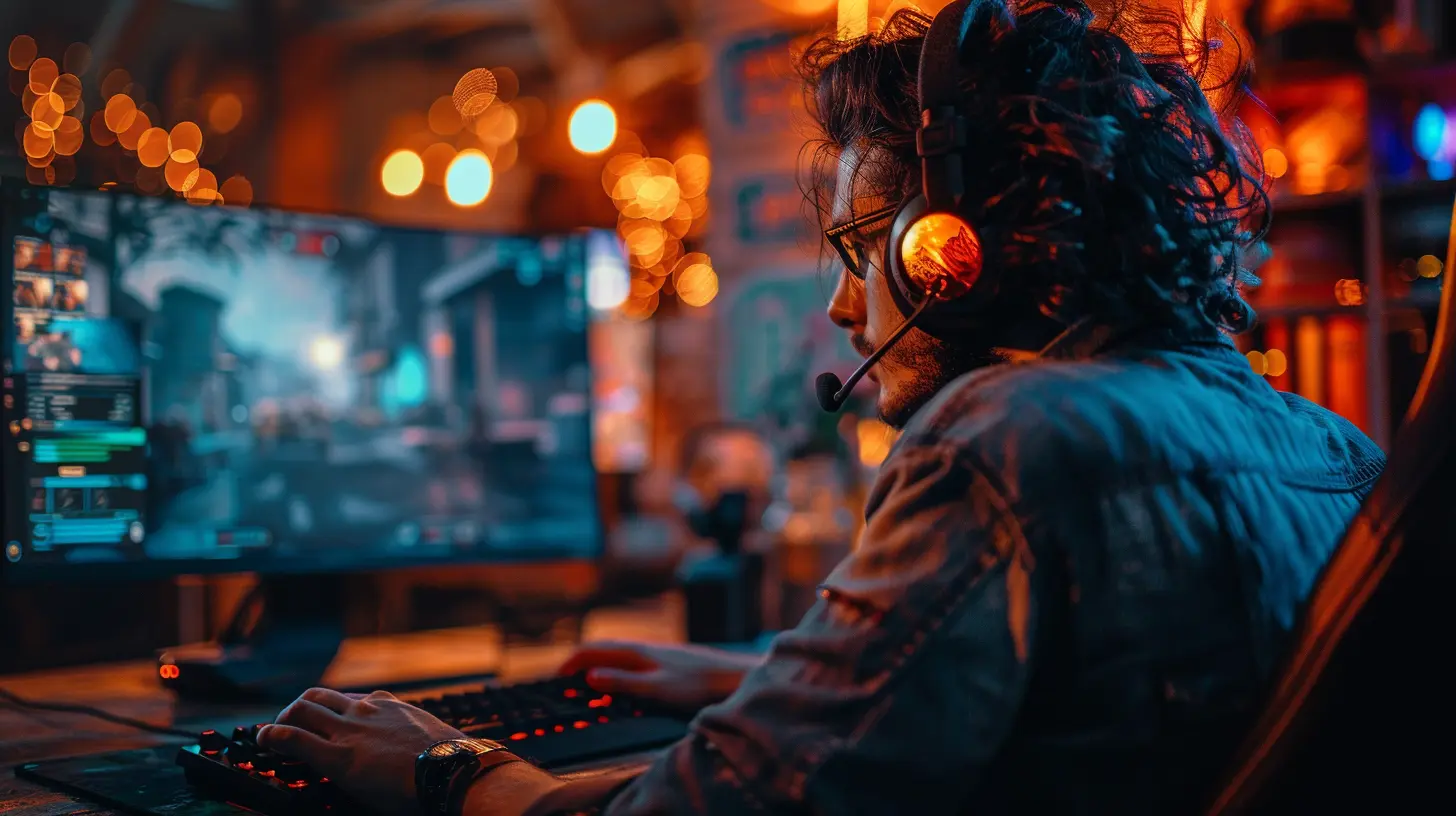
Top Game Influencers Who Made the Jump to Game Development
Let’s get into the meat of it—who are these multi-talented legends? Here's a list of some amazing game influencers who didn’t just stop at reviews and Let’s Plays. They rolled up their sleeves and dove into the dev world.1. Markiplier (Mark Fischbach) – From Jumpscares to Game Studio Founder
You probably know Markiplier for his hilarious horror game playthroughs. But did you know he stepped into the development world, too?Mark co-created the interactive YouTube series A Heist with Markiplier and In Space with Markiplier, which, while not traditional “games,” used branching narratives that mimicked game design principles. Then came news that he was co-founding a game studio with his long-time collaborators. Though still in its early stages, it’s clear Markiplier isn’t just playing games—he’s crafting them.
Why it matters: Mark understands emotional pacing, user experience, and storytelling—all golden traits for a developer.
2. Sivak Games (Kevin Sivak) – The YouTuber Who Created a NES Game
This one might fly under the radar, but it's worth mentioning.Kevin Sivak, known in retro gaming communities, created Battle Kid: Fortress of Peril, an original NES title developed using modern tools, then physically released on cartridges. Sivak wasn’t a massive influencer like PewDiePie or Jacksepticeye, but he had a dedicated YouTube following in the retro scene.
Why it matters: He didn't just talk about retro games—he built one from scratch, proving that with enough know-how and passion, you can pull it off.
3. Tom Francis – From Game Reviews to Building Gunpoint and Heat Signature
Tom started as a game journalist and YouTuber, covering all kinds of games in-depth. But he didn’t stop there.He went on to develop Gunpoint, a stealth-based puzzle game that quickly exploded in the indie scene. His YouTube channel became a goldmine of development logs, design insights, and transparent progress reports.
Why it matters: Tom's projects remind us that game dev success doesn't require a giant team or huge budget—it needs clever design and a deep understanding of gameplay.
4. Dani – Meme Lord, Game Dev, YouTube Sensation
Dani is one of the most entertaining hybrids on this list. His chaotic YouTube videos like “I Made a Game in 7 Days” or “Adding Guns to my Game Because Why Not” have blown up across the internet.But make no mistake—Dani is a legit developer. His game Milk Inside a Bag of Milk Inside a Bag of Milk (yes, that’s the real title) and projects like Muck and Karlson have gained cult followings. His videos are half devlog, half meme-festival, making technical content fun and accessible.
Why it matters: He’s making game dev cool for the next wave of creators.
5. YandereDev – The Solo Dev With a Massive Following
Love it or hate it, the Yandere Simulator has a following, and YandereDev is its controversial creator.He began on YouTube by sharing step-by-step development progress with his viewers, slowly building the game in public with feedback from fans. He often used his platform to explain design choices and communicate updates, creating a feedback loop that many devs only dream of.
Why it matters: YandereDev showed that transparent, community-involved development can be a powerful approach, especially when paired with influencer reach.
6. Michael "Mike" Bithell – Developer First, But Embracing Content Creation
Mike Bithell is best known for Thomas Was Alone and Volume, but he’s increasingly leveraged YouTube, podcasts, and livestreams to connect with players.Although more of a developer-turned-influencer, Bithell uses his platform to demystify game development. His interviews, Q&As, and behind-the-scenes insights turn passive players into curious creators.
Why it matters: Bithell bridges the gap from the other side—teaching gamers how games are made and inspiring more devs.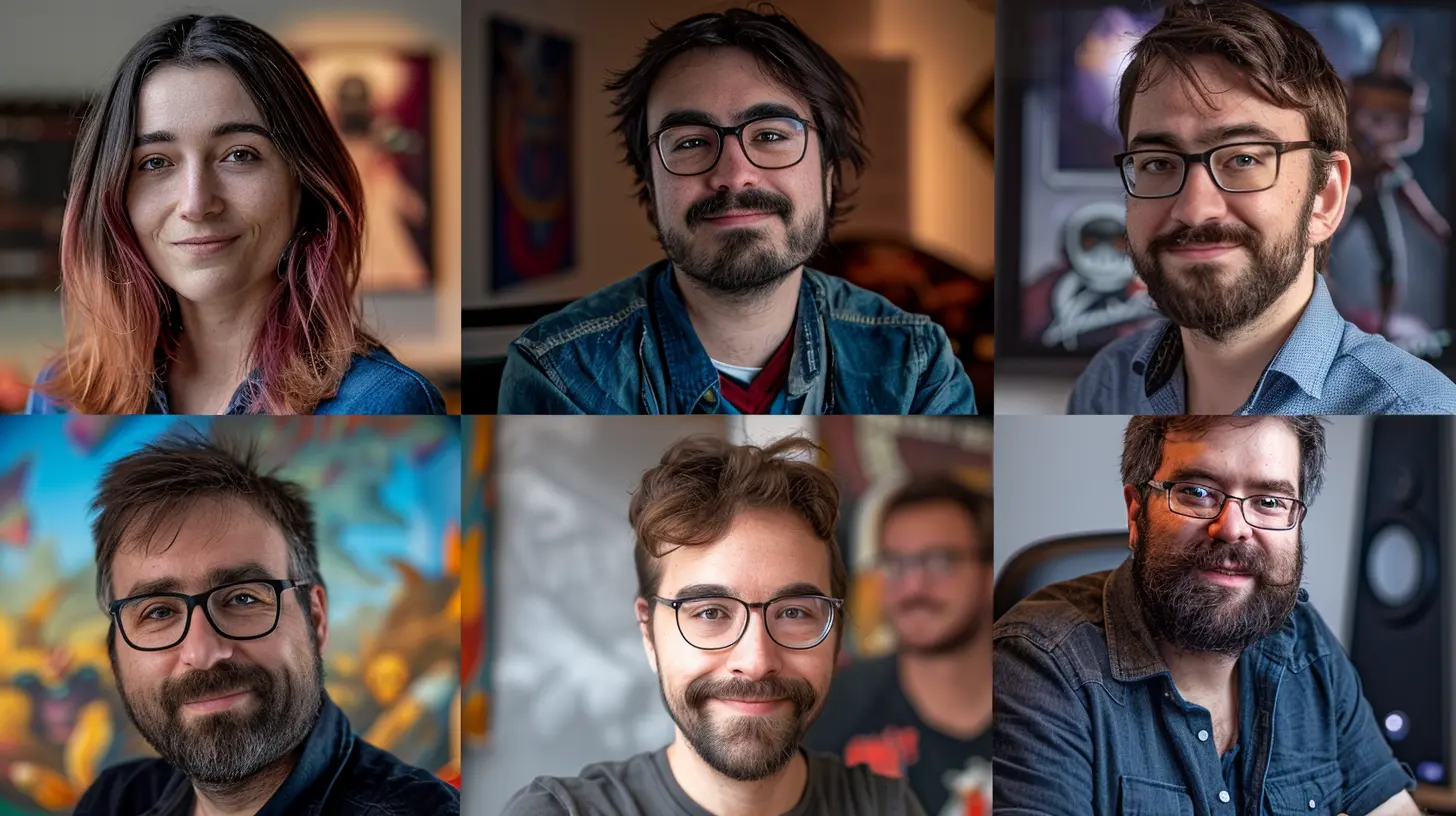
How These Creators Benefit From Wearing Two Hats
So why does being both an influencer and developer work so well? Let’s break it down:1. Instant Community Input
Imagine being able to show off your prototype to 1 million subscribers and getting feedback the next day. That’s the power of being an influencer-dev. They can test concepts, ask questions, and tweak features in real time.2. Built-in Marketing Engine
Game devs often spend months—or years—trying to build hype. Influencer-devs? They already have it. Their fans are hyped from Day One, giving them a massive leg-up in launching titles, even with zero marketing budget.3. Authentic Game Design
These folks have played hundreds (if not thousands) of games. From mechanics to storytelling, they’ve seen it all. So when they make something, it’s built from a place of true understanding—and that shows.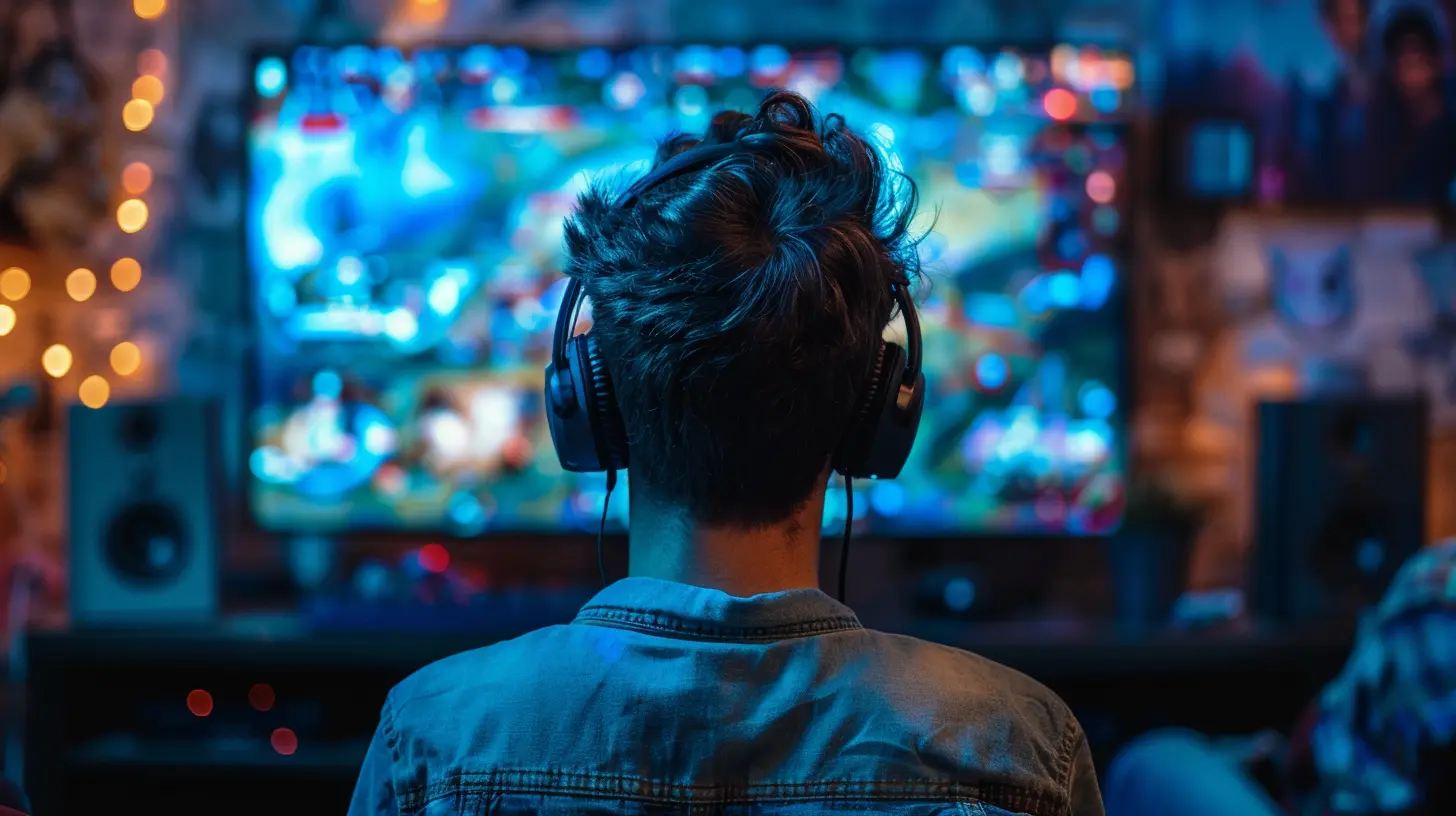
Challenges They Face (It’s Not All Sunshine and Pixels)
Let’s keep it real—it’s not always smooth sailing.1. Expectations are Sky-High
When your fans know you as a brilliant gamer or creator, they're going to expect your game to be just as awesome. That pressure? It's real.2. Splitting Time is Brutal
Development isn’t something you do in your spare time when you're making YouTube content full-time. Managing both takes a ton of discipline, and burnout is a very real danger.3. Skill Gaps
Being great at games doesn’t mean you're instantly good at coding or game design. Many influencer-devs either have to upskill fast or bring in help—and that’s not always easy.The Future: More Crossovers Ahead?
We’re living in a time where content creators, influencers, and gamers are literally reshaping the gaming industry. Tools like Unity and Unreal Engine are more accessible than ever. Platforms like Twitch and YouTube give instant feedback. Crowdfunding lets fans support ideas before they're even built.So, will we see more influencers becoming game devs? Honestly, it feels inevitable.
The next big indie hit might not come from a studio—it might come from that goofy content creator you watch every night.
How You Can Get Started Too
Feeling inspired? Thinking maybe you could make a game of your own someday?Here are a few simple tips to jumpstart your journey:
- Play with Unity or Unreal Engine: Free to start and perfect for beginners.
- Try a Game Jam: Sites like itch.io host regular game-making contests with themes and tight deadlines.
- Share Your Progress: Post your builds, get feedback, and grow your own mini community—just like the pros.
Remember, every dev starts someplace. And if these influencers can do it, so can you.
Final Thoughts
The line between content creator and developer is getting blurrier by the day—and honestly? That’s exciting! These influencer-devs are injecting fresh energy into game design, reshaping how games are made, marketed, and played.So next time you're watching a Let’s Play or tuning into a devlog, take a second to appreciate what's happening behind the scenes. There’s a very real chance the person on-screen might just be your next favorite game developer.
One thing's for sure—the future of game development isn’t just in studios anymore. It's in bedrooms, livestreams, and YouTube channels. And it’s only just getting started.
all images in this post were generated using AI tools
Category:
Game InfluencersAuthor:

Tina Fisher
Discussion
rate this article
1 comments
Tank Barker
It's fascinating to see how game influencers bring their unique perspectives as developers. Their insights could reshape the future of gaming!
October 21, 2025 at 3:05 AM

Tina Fisher
Thank you! Their dual expertise truly offers valuable insights that can drive innovation in the gaming industry.
